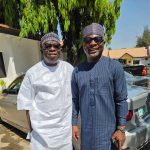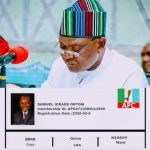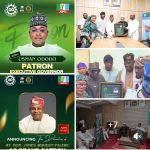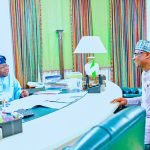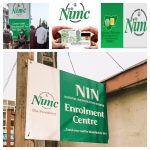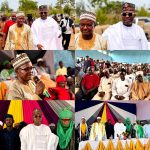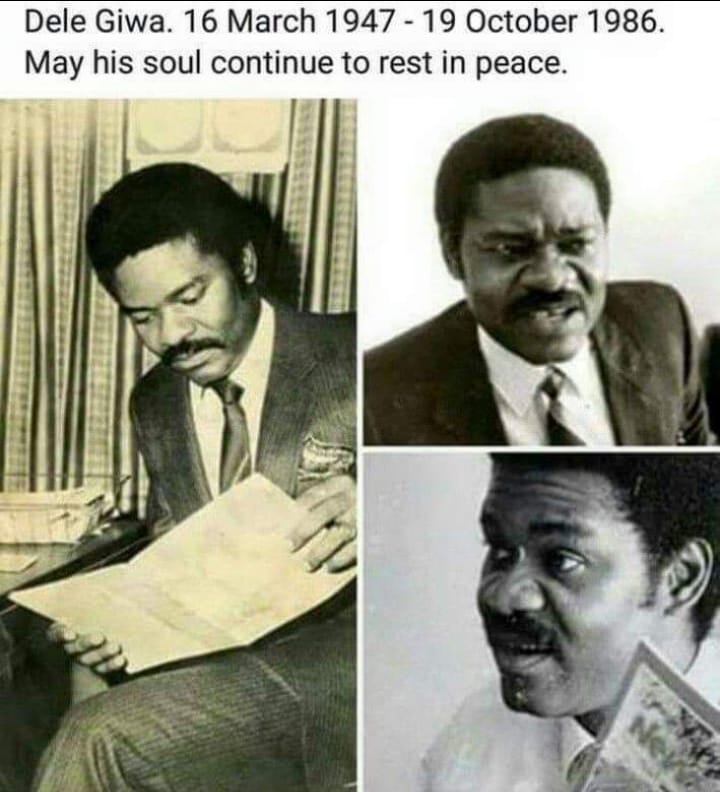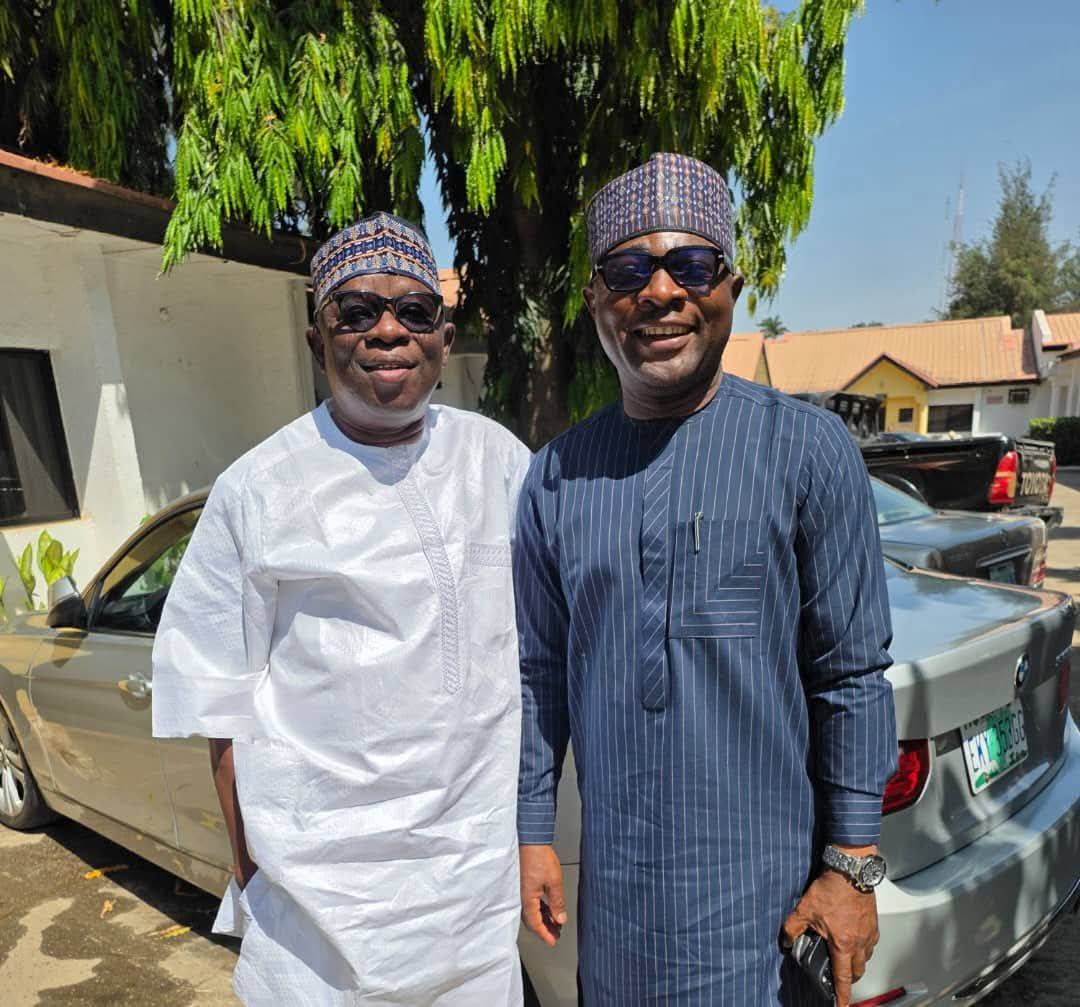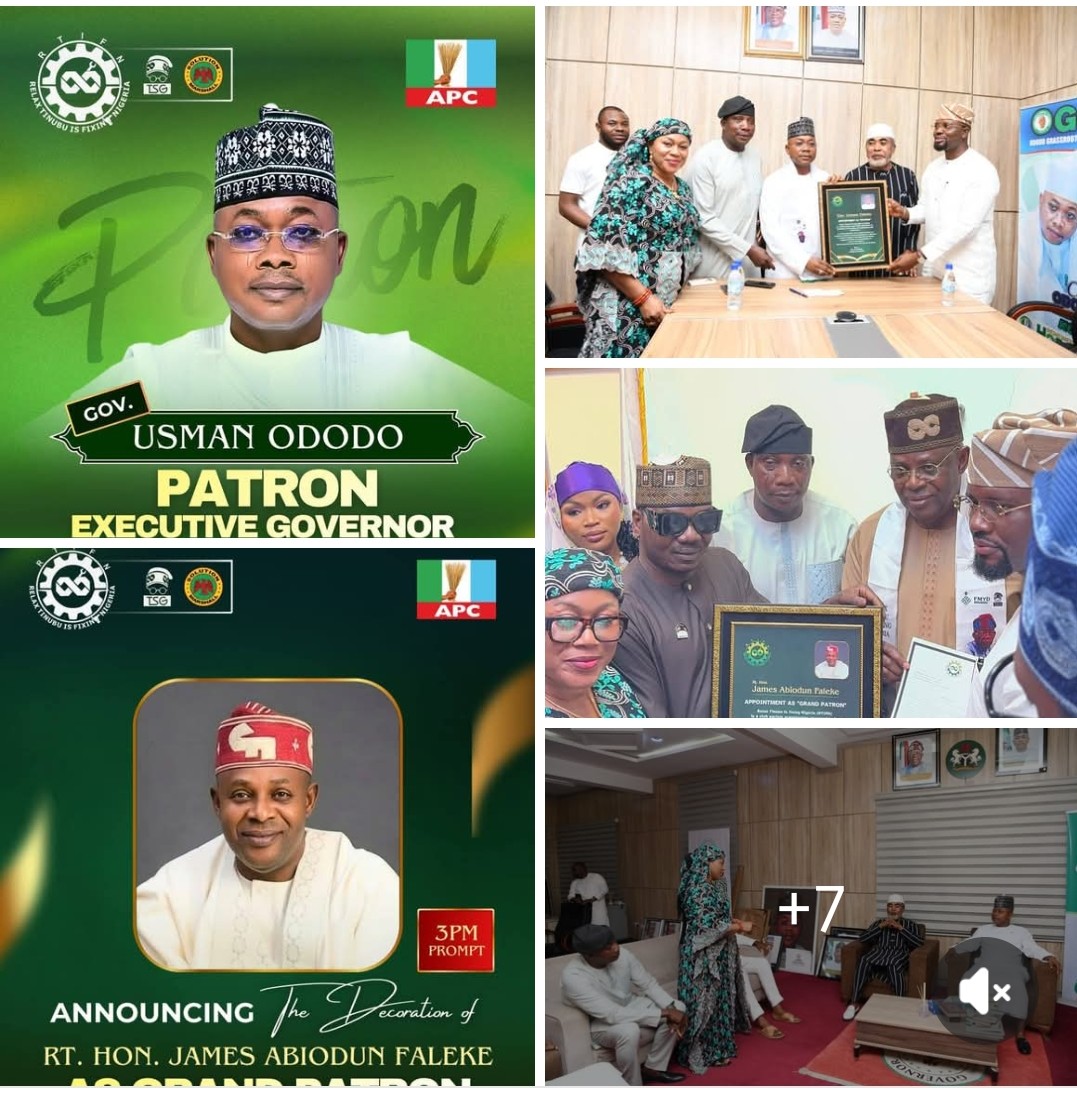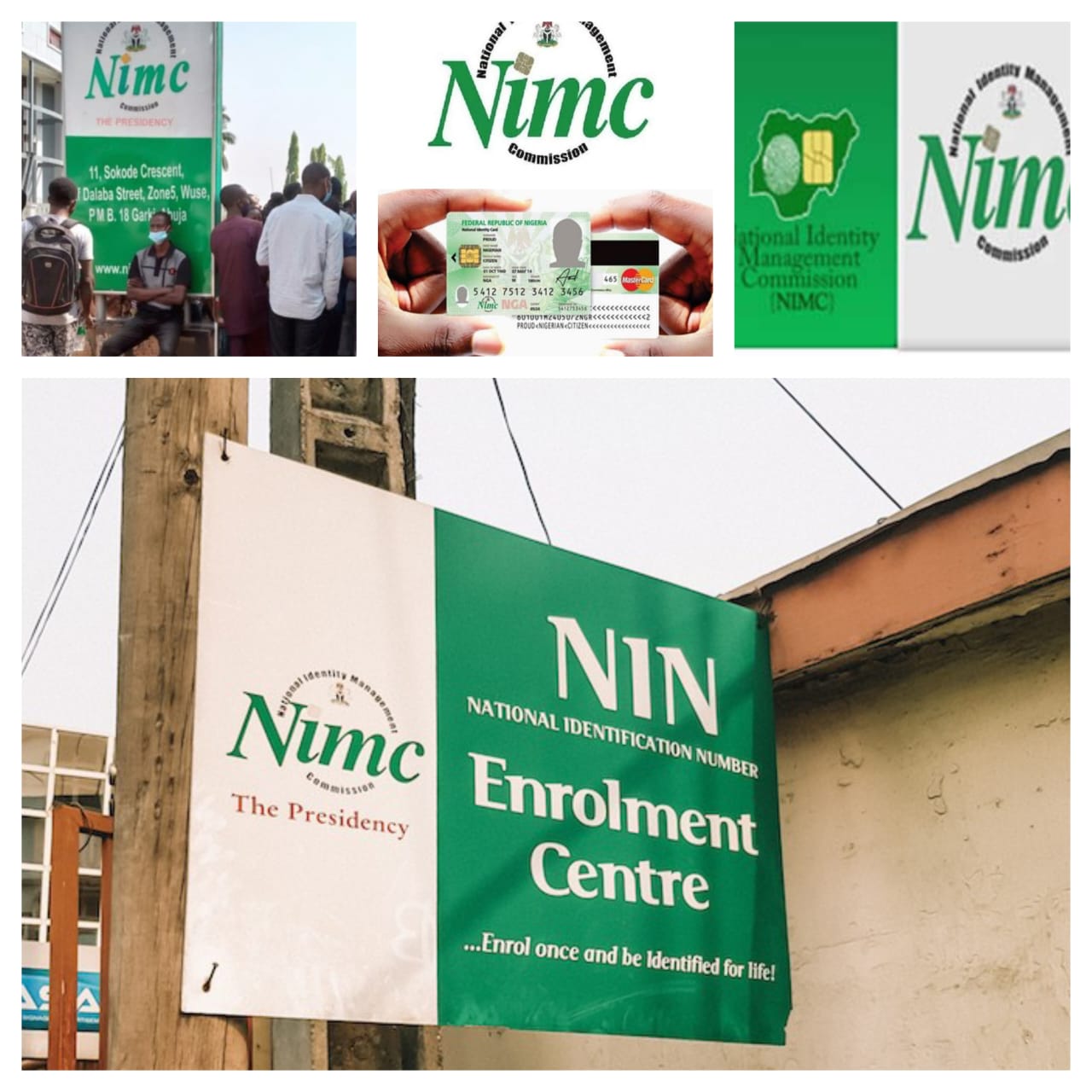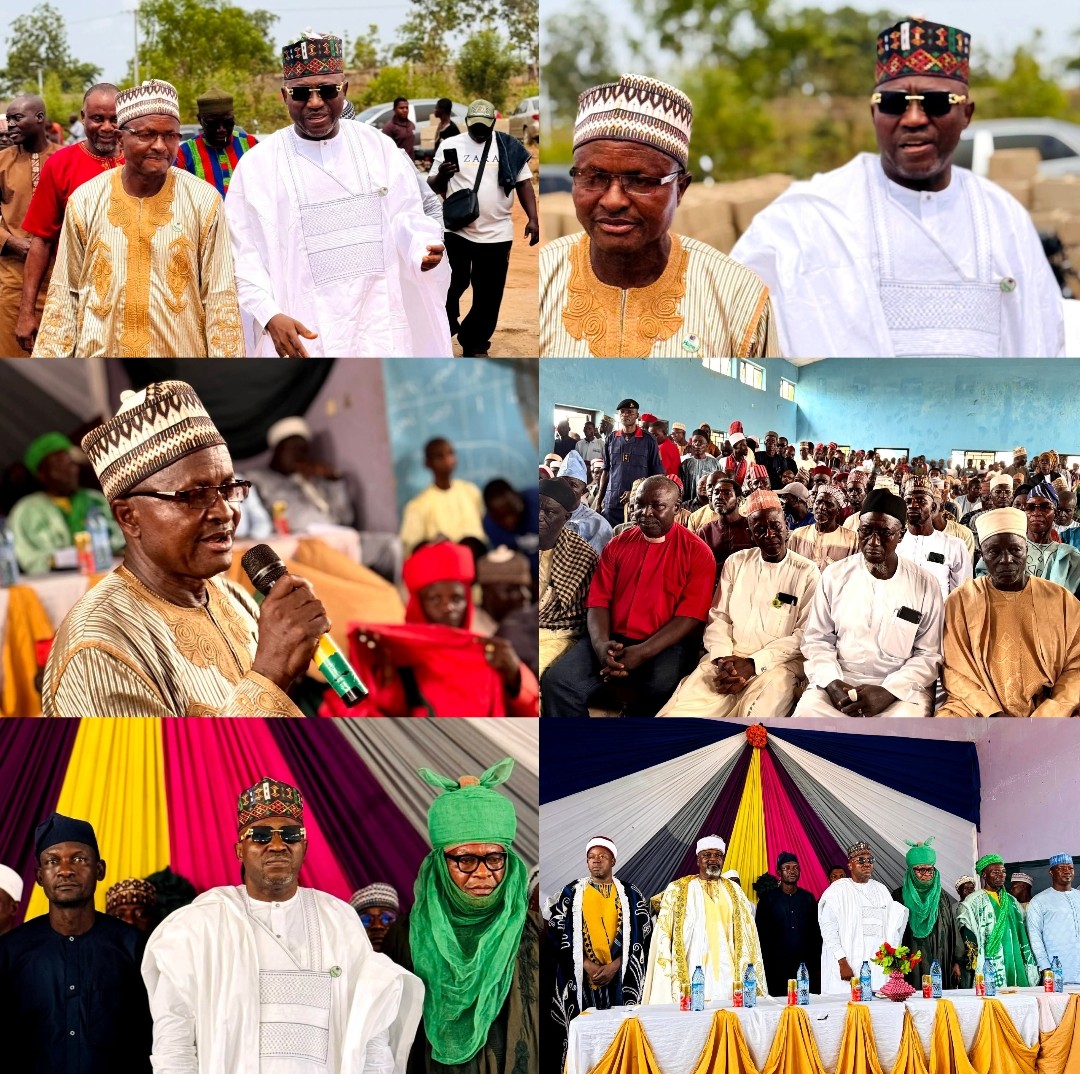By Wilson Macaulay
19 October 1987—a day that will forever remain etched in the annals of Nigerian journalism and the collective consciousness of the nation. On this tragic date, Dele Giwa, an iconic journalist and the founding editor of Newswatch magazine, was assassinated in a manner so chilling and unprecedented that it shook Nigeria to its core. Dele Giwa’s untimely death, caused by a parcel Remembering Dele Giwa: The Unforgettable Media Guru
19 October 1987—a day that will forever remain etched in the annals of Nigerian journalism and the collective consciousness of the nation. On this tragic date, Dele Giwa, an iconic journalist and the founding editor of Newswatch magazine, was assassinated in a manner so chilling and unprecedented that it shook Nigeria to its core. Giwa’s untimely death, caused by a parcel bomb sent to his home in Lagos, not only brought sorrow but left a vacuum in the Nigerian media landscape that has never truly been filled.
The Early Days of a Media Giant
Born on 16 March 1947 in Ife, Osun State, Dele Giwa began his journey to greatness under humble circumstances. His parents were modest, yet they instilled in him the values of hard work, curiosity, and perseverance. He attended various schools in Nigeria, but it was in the United States where he found his calling as a journalist. Giwa moved to the U.S. for further studies, attending Brooklyn College where he studied Communication Arts. His exposure to the world-class journalism of America, particularly during the politically charged 1960s and ’70s, helped sharpen his skills and fuel his desire to change Nigeria’s media landscape.
Upon his return to Nigeria, Giwa quickly made his mark, working first at the Daily Times before venturing to co-found Newswatch in 1984. The magazine, under his leadership, was an instant success and redefined investigative journalism in Nigeria. Known for its bold reporting on politics, corruption, and social issues, Newswatch broke the barriers of censorship and brought crucial issues to the fore.
Journalism as a Tool for Change
Dele Giwa was more than just a journalist; he was a visionary who believed in the power of the press as an instrument of societal change. In the 1980s, Nigeria was grappling with political instability, military coups, economic downturns, and an increasing culture of authoritarianism. Giwa and his team at Newswatch tackled these issues with fearless reporting, offering Nigerians a new kind of journalism that exposed the underbelly of power.
His hard-hitting stories on the government, especially during the military regimes, earned him both admiration and enemies. He was not afraid to challenge the status quo, even at great personal risk. In many ways, Giwa became a beacon of hope for a country yearning for transparency and justice. His writing—bold, concise, and insightful—spoke truth to power in a way that was rarely seen in Nigerian media at the time.
The Tragic Assassination
Dele Giwa’s assassination remains one of the most controversial and unsolved murders in Nigeria’s history. On the fateful morning of 19 October 1987, Giwa received a parcel at his home in Ikeja, Lagos. Thinking it was a routine delivery, he opened the package, only for it to explode instantly, killing him in front of his son, Billy. The gruesome nature of his death sent shockwaves throughout the nation. Giwa was 40 years old.
The parcel bomb, a rare method of assassination, was seen as a calculated and premeditated act designed to silence one of Nigeria’s most critical voices. In the days leading up to his death, Giwa had confided in close friends and colleagues that he felt he was being watched and that his life was in danger. Speculations have since swirled about who was responsible, with many suspecting powerful figures in the military government at the time. However, despite various investigations, no one has ever been formally charged for the crime, leaving his death an unsolved mystery.
The Legacy of Dele Giwa
Thirty-seven years later, Dele Giwa’s legacy remains a powerful symbol of the enduring struggle for press freedom in Nigeria. His assassination underscored the dangerous environment that Nigerian journalists face, especially when they challenge authority. Yet, Giwa’s life and work continue to inspire generations of journalists across Africa.
Newswatch, the magazine he co-founded, carried on his vision, though it has never quite captured the fearless essence that it had under his leadership. Giwa’s writings, including some of his most famous editorials, are still studied by journalism students, and his commitment to justice and accountability serves as a benchmark for investigative journalism in Nigeria.
In many ways, Dele Giwa is remembered not just for his tragic death, but for his life—his fearless pursuit of the truth, his unwavering dedication to his craft, and his belief that journalism could make Nigeria a better place. He transformed media in the country and gave voice to the voiceless during one of Nigeria’s most turbulent periods.
Continuing the Fight for Press Freedom
The anniversary of Dele Giwa’s death serves as a reminder that press freedom remains a critical issue in Nigeria. Journalists today continue to face harassment, imprisonment, and, in some cases, death for their work. Giwa’s legacy pushes them to strive for transparency, accountability, and justice, even in the face of danger.
Despite the dangers, Nigerian journalists today carry on the work that Giwa so valiantly championed. They continue to demand accountability from those in power, whether through investigative reports on corruption, human rights abuses, or economic inequality. In remembering Dele Giwa, we also remember the power of journalism to shape nations, to give voice to the marginalized, and to hold leaders accountable.
Conclusion
As we reflect on the life and death of Dele Giwa, we are reminded that his influence reaches far beyond his time. His words, his courage, and his vision for a just Nigeria resonate to this day. His assassination, while tragic, did not silence his voice. Instead, it amplified his call for a freer, fairer, and more transparent society. For Dele Giwa was not just a journalist—he was a guardian of the public’s right to know, an advocate for truth, and an unforgettable media guru whose impact will be felt for generations to come.
Today, we honor his legacy and commit to carrying forward the ideals that he fought for. Dele Giwa may be gone, but his spirit lives on in every journalist who dares to tell the truth.
Sent to his home in Lagos, did not only brought sorrow but left a vacuum in the Nigerian media landscape that has never truly been filled.
The Early Days of a Media Giant
Born on 16 March 1947 in Ife, Osun State, Dele Giwa , a native of Edo State began his journey to greatness under humble circumstances. His parents were modest, yet they instilled in him the values of hard work, curiosity, and perseverance. He attended various schools in Nigeria, but it was in the United States where he found his calling as a journalist. Dele Giwa moved to the U.S. for further studies, attending Brooklyn College where he studied Communication Arts. His exposure to the world-class journalism of America, particularly during the politically charged 1960s and ’70s, helped sharpen his skills and fuel his desire to change Nigeria’s media landscape.
Upon his return to Nigeria, Dele Giwa quickly made his mark, working first at the Daily Times and Sunday Concord before venturing to co-found Newswatch in 1984. The magazine, under his leadership, was an instant success and redefined investigative journalism in Nigeria. Known for its bold reporting on politics, corruption, and social issues, Newswatch broke the barriers of censorship and brought crucial issues to the fore.
Journalism as a Tool for Change
Dele Giwa was more than just a journalist; he was a visionary who believed in the power of the press as an instrument of societal change. In the 1980s, Nigeria was grappling with political instability, military coups, economic downturns, and an increasing culture of authoritarianism. Giwa and his team at Newswatch tackled these issues with fearless reporting, offering Nigerians a new kind of journalism that exposed the underbelly of power.For the military brass of the day, Dele Giwa was more like kerosene which must not touch yam prepared for marriage feast.
His hard-hitting stories on the government, especially during the military regimes, earned him both admiration and enemies. He was not afraid to challenge the status quo, even at great personal risk. In many ways, Dele Giwa became a beacon of hope for a country yearning for transparency and justice. His writing—bold, concise, and insightful—spoke truth to power in a way that was rarely seen in the Nigerian media at the time.
The Tragic Assassination
Dele Giwa’s assassination remains one of the most controversial and unsolved murders in Nigeria’s history. On the fateful morning of 19 October 1987, Giwa received a parcel at his home in Ikeja, Lagos. Thinking it was a routine delivery, he opened the package, only for it to explode instantly, killing him in front of his son, Billy. The gruesome nature of his death sent shockwaves throughout the nation. Giwa was 40 years old. Kayode the Newswatch London Chief bureau who was supposed to be with Dele at that moment missed death by whiskers.
The parcel bomb, a rare method of assassination, was seen as a calculated and premeditated act designed to silence one of Nigeria’s most critical voices. In the days leading up to his death, Giwa had confided in close friends and colleagues that he felt he was being watched and that his life was in danger.
Speculations have since swirled about who was responsible, with many suspecting powerful figures in the military government at the time. However, despite various investigations, no one has ever been formally charged for the crime, leaving his death an unsolved mystery.
The Legacy of Dele Giwa
Thirty-seven years later, Dele Giwa’s legacy remains a powerful symbol of the enduring struggle for press freedom in Nigeria. His assassination underscored the dangerous environment that Nigerian journalists face, especially when they challenge authority. Yet, Giwa’s life and work continue to inspire generations of journalists across Africa.
Newswatch, the magazine he co-founded, carried on his vision, though it has never quite captured the fearless essence that it had under his leadership. Giwa’s writings, including some of his most famous editorials, are still studied by journalism students, and his commitment to justice and accountability serves as a benchmark for investigative journalism in Nigeria.
In many ways, Dele Giwa is remembered not just for his tragic death, but for his life—his fearless pursuit of the truth, his unwavering dedication to his craft, and his belief that journalism could make Nigeria a better place. He transformed media in the country and gave voice to the voiceless during one of Nigeria’s most turbulent periods.
Continuing the Fight for Press Freedom
The anniversary of Dele Giwa’s death serves as a reminder that press freedom remains a critical issue in Nigeria. Journalists today continue to face harassment, imprisonment, and, in some cases, death for their work. Giwa’s legacy pushes them to strive for transparency, accountability, and justice, even in the face of danger.
Despite the dangers, Nigerian journalists today carry on the work that Giwa so valiantly championed. They continue to demand accountability from those in power, whether through investigative reports on corruption, human rights abuses, or economic inequality. In remembering Dele Giwa, we also remember the power of journalism to shape nations, to give voice to the marginalized, and to hold leaders accountable.
How Dele Giwa’s Memory Became Indelible to Me
On October 20, 1987, the day after Dele Giwa’s assassination by a parcel bomb, I couldn’t go to school. The news of his death had shattered me completely, leaving me devastated. I stayed at home, glued to my radio, managing to get my hands on two newspapers that carried the story of his assassination.That day, I didn’t even take a bath; I was too consumed with monitoring the news.
On October 21, 1987, I finally managed to go to school, where I was in my second year of my NCE program in College of Education Warri. When I arrived, my classmates informed me that our Head of Department (HOD) had given a test the previous day. She had been so affected by the news of Dele Giwa’s death that she couldn’t bring herself to teach.
Although she came to school due to her role as HOD, she left the classroom to sit quietly in her office, overwhelmed by the tragic news. She instructed everyone in the classroom to write just anything they know about Dele Giwa. Unfortunately most of my course mates were hearing of that name for the first time . Before you blame them too much it was a biochemistry class.
Upon hearing that my HOD was also deeply saddened by Dele Giwa’s death, to the point of being unable to teach, I immediately went to see her. I explained
to her that I, too, had been so affected by the news that I couldn’t attend school the previous day when she gave the test to my course mates to write what they knew about Dele Giwa.She then asked if I knew Dele Giwa, and I told her that Dele Giwa was my friend. I shared with her how I spent October 19, 1987, at home, mourning the fallen hero.
After listening to my lamentation, she held my hand, and we both stood and walked back to the lecture theater together. When we got there ,everybody on seeing HOD kept quiet.She addressed the class, telling them that the previous day which was 19 th 0ctober 1987 she had asked them to write anything they knew about Dele Giwa, hoping to gauge their awareness of what Nigeria had lost with his death through parcel bomb.To her disappointment, most of my classmates were unfamiliar with the name Dele Giwa.
In her capacity as HOD, she then announced to the class that, from that day forward,
my friend here ( holding my hand), Wilson Macaulay, who had shared so much about the Dele Giwa, who was assassinated in Lagos would be the new class representative. The room erupted with noise as my classmates struggled to understand how the death of Dele Giwa had suddenly made me a close friend and confidant of our HOD to the extent of coming to declare him as the class rep.henceforth.
From that moment, my relationship with my HOD grew stronger and remained cordial throughout my time at school. Dele Giwa meant so much to both of us, which is why his death struck a deep chord in both of us in the same way.
Conclusion
As we reflect on the life and death of Dele Giwa, we are reminded that his influence reaches far beyond his time. His words, his courage, and his vision for a just Nigeria resonate to this day. His assassination, while tragic, did not silence his voice. Instead, it amplified his call for a freer, fairer, and more transparent society. For Dele Giwa was not just a journalist—he was a guardian of the public’s right to know, an advocate for truth, and an unforgettable media guru whose impact will be felt for generations to come.
Today, we honor his legacy and commit to carrying forward the ideals that he fought for. Dele Giwa may be gone, but his spirit lives on in every journalist who dares to tell the truth.
